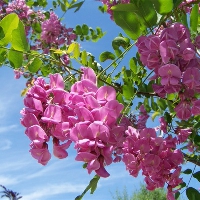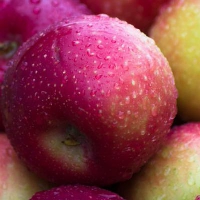1. Synopsis: The stepmother sent Sophie and her two sisters to a hat shop as apprentices because she had no money to live. The two sisters soon left the hat shop to pursue their dreams. Only Sophie insisted. One day, a mobile fortress came near the town. It is said that Hal, the owner of the castle, will absorb the soul of young girls, so the girls in the town dare not approach it.
2. A vicious witch envied Sophie's hat making skills and turned her into an 80 year old woman by witchcraft. Besides, Sophie can't tell anyone about her witchcraft. In desperation, Sophie decided to flee the town alone. It was dark, and Sophie, who was weak, came to the mobile castle not far away. Sophie thought she was an old woman, so she got up the courage and walked into the castle. I don't want to. I met the same fire devil as her. The two agreed to help each other break the spell.
3. Sophie saved Hal from dying, broke the agreement between Hal and Kasifa, and helped Hal find his heart. At the same time, the curse on himself was lifted, and the scarecrow Kapu got rid of the complex curse with Sophie's kiss. 3354 Originally, he was the prince of a neighboring country and promised to stop the war when he returned home. Although he got rid of the shackles of the contract, Kasifa still wanted to live with them, so he was driven by it to fly and move the castle with Sophie and Hal, living a peaceful and happy life.










